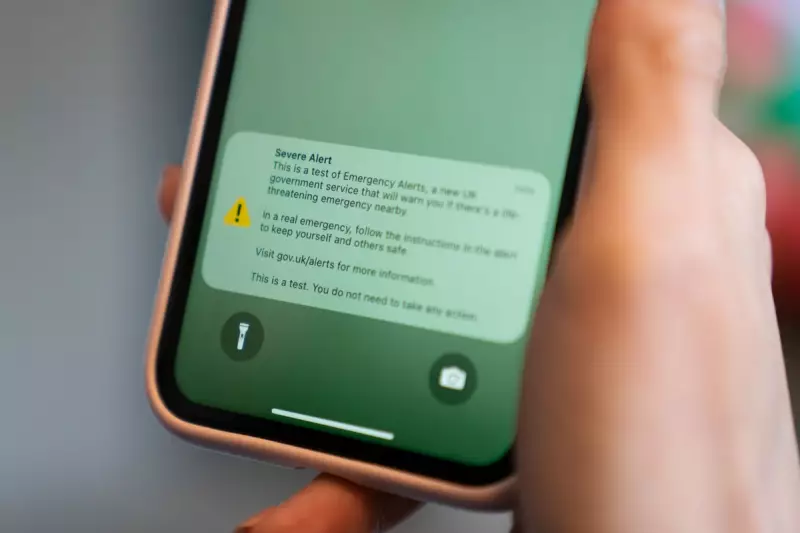
This Sunday, 23rd April, at precisely 3 PM, a piercing, siren-like alarm will blare from mobile phones across the United Kingdom. Don't be alarmed—it's a planned test of the government's new, life-saving Emergency Alerts system.
The ten-second alert, accompanied by a vibration, will appear on the home screens of nearly all mobile devices. It's designed to warn the public of imminent threats to life in their immediate area, such as severe flooding, wildfires, or extreme weather events.
What Will the Alert Say & Look Like?
The message on screen will read: "This is a test of Emergency Alerts, a new UK government service that will warn you if there’s a life-threatening emergency nearby. In a real emergency, follow the instructions in the alert to keep yourself and others safe. Visit gov.uk/alerts for more information. This is a test. You do not need to take any action."
Who Will Receive It & How to Opt Out
The test will reach the vast majority of smartphones and tablets across England, Scotland, Wales, and Northern Ireland. The system does not track your location or gather personal data; it works by broadcasting from mobile phone masts.
If you need to opt out, perhaps due to owning a concealed phone for safety reasons, you can do so in your device settings:
- For iOS: Go to Settings > Notifications. Scroll to the bottom and turn off 'Emergency Alerts'.
- For Android: Go to Settings > Sounds and Vibration > Wireless Emergency Alerts. You can toggle off 'Extreme Threats' and 'Severe Threats'.
Officials strongly advise against opting out, emphasising that the system is a vital tool for keeping you safe during a genuine crisis.
A Modern Lifeline for the UK
Chancellor of the Duchy of Lancaster, Oliver Dowden, hailed the system as "a literal lifeline" for the public. By harnessing technology already used in countries like the US, Canada, and Japan, the UK aims to ensure citizens receive critical information directly and instantly when danger is imminent.
So, when your phone screams this Sunday, remember—it's a sound that could one day save lives.





